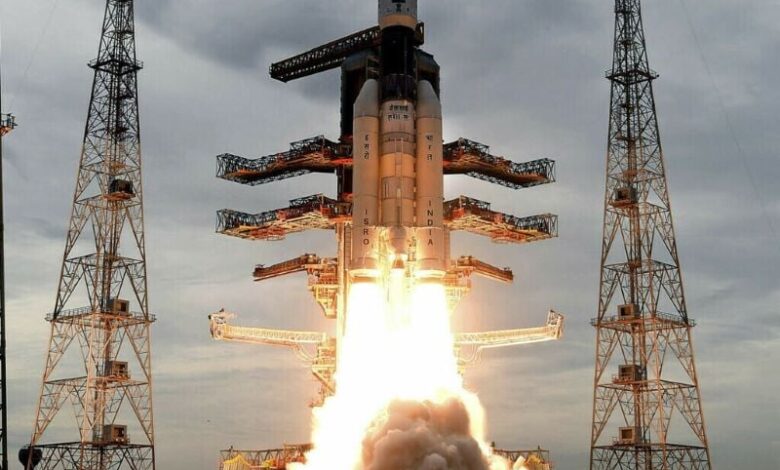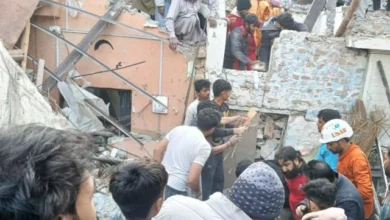India launches rocket to test space docking for future space station, moon mission

India launched a rocket Monday carrying two small spacecraft to test docking in space, a critical step for the country’s dreams of a space station and a manned Moon mission.
The mission is “vital for India’s future space ambitions”, Jitendra Singh, the country’s science and technology minister, said in a statement ahead of the launch, which was broadcast live by the Indian Space Research Organisation (ISRO).
The PSLV-C60 rocket, which blasted off Monday evening at the Sriharikota launch site with shooting flames as it soared into the night sky, included two 220-kilogramme (485-pound) satellites.
ISRO has dubbed the mission SpaDeX, or Space Docking Experiment.
“PSLV-C60 successfully launches SpaDeX and 24 payloads,” it said in a statement.
The mission is intended to “develop and demonstrate the technology needed for rendezvous, docking, and undocking of two small spacecraft”, it added.
The technology is “essential” for India’s Moon plans, it added, calling it a “key technology for future human spaceflight and satellite servicing missions”.
It will involve a “precision rendezvous”, manoeuvering satellites orbiting Earth at speeds of 28,800 kilometres per hour (17,895 miles per hour).
Their relative velocities will be reduced to 0.036 kph to “merge to form a single unit in Space”, ISRO said.
The world’s most populous nation has a comparatively low-budget aerospace programme that is rapidly closing in on the milestones set by global space powers.
“Through this mission, India is marching towards becoming the fourth country in the world to have space docking technology,” ISRO added, after Russia, the United States and China.
The world’s most populous country has flexed its spacefaring ambitions in the last decade with its space programme growing considerably in size and momentum, matching the achievements of established powers at a much cheaper price tag.
In August 2023, it became just the fourth nation to land an unmanned craft on the Moon after Russia, the United States and China.
Source link



